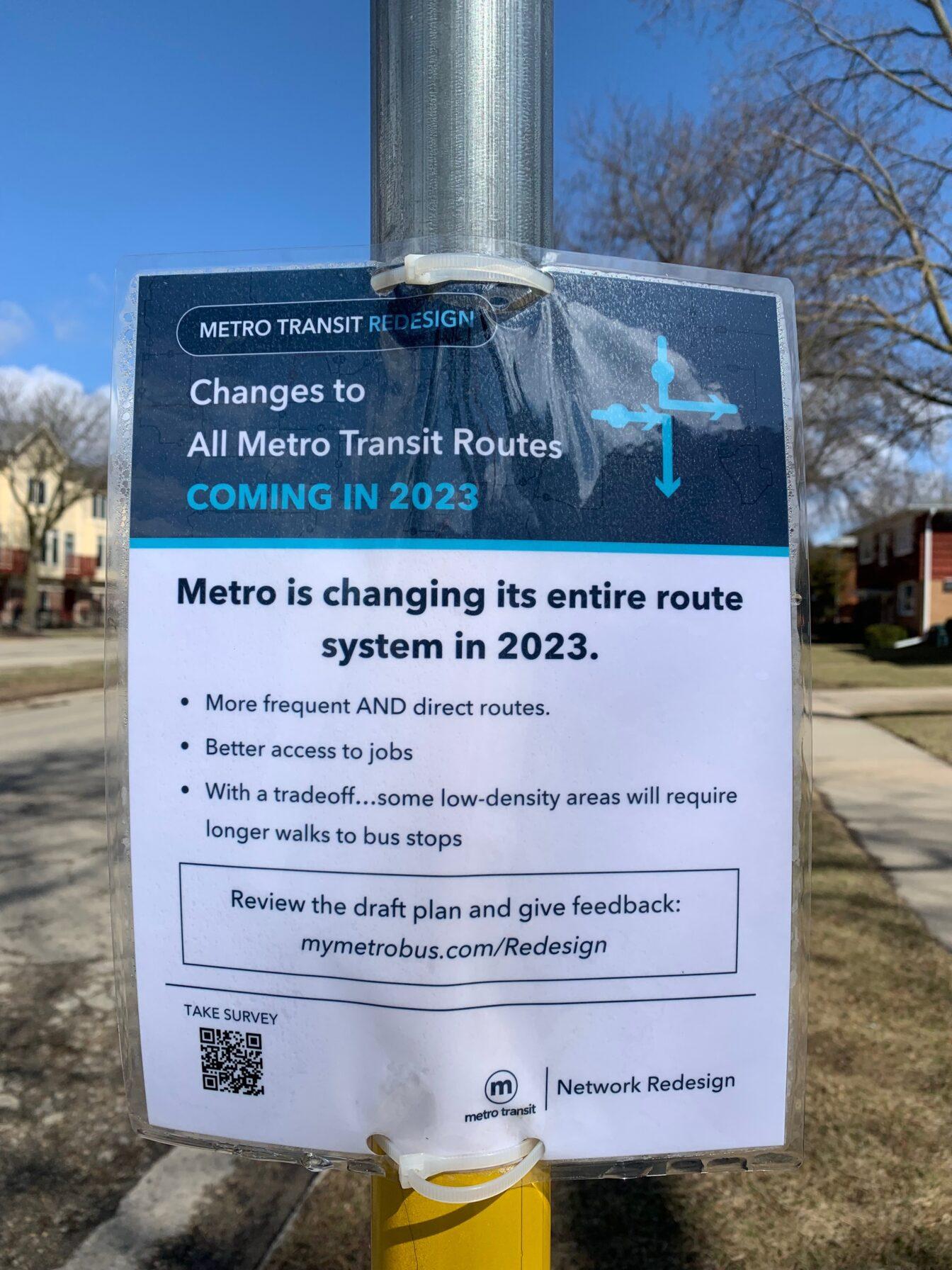The city of Madison needs to fund more accessible public transportation to best support Madison’s disabled community.
The U.S. Department of Transportation estimates that 25.5 million Americans have travel-limiting disabilities, meaning that their disability makes it difficult to travel using inaccessible forms of transportation, like a car without a wheelchair ramp.
Although personal vehicles are an option for some who have disabilities, most individuals with disabilities travel by personal vehicles less than abled individuals. Accessible personal vehicles are expensive, and those with travel-limiting disabilities may have difficulty driving themselves and would need another person to transport them.
Public transportation is another option for those with travel-limiting disabilities. But public transportation is often still not accessible enough for these individuals. In Madison, for example, there are only a few accessible public transportation options available — bus, Paratransit and Union Cab.
All Metro Transit fixed bus routes in Madison have boarding ramps and wheelchair securement for those who need it. These city buses also have a feature in which they can lower closer to the curb to help those who struggle with stairs.
With harsh winters in Madison full of snow, however, bus stops become difficult for those with travel-limiting disabilities to access. Additionally, those with disabilities have voiced concerns that the new Metro Transit routes to be implemented in June 2023 make it even more difficult to access bus stops.
Paratransit, a shared-ride system, is another accessible option from Metro Transit. Those who need to go somewhere in Madison where the bus cannot directly take them can call Paratransit 24 hours in advance and book an accessible vehicle and driver to pick them up.
But neither the bus system nor Paratransit are available outside of the city of Madison. For those individuals with travel-limiting disabilities who need to leave the city of Madison the only option remaining for them is to call a taxi company.
Only one cab company in Madison, however, has accessible vehicles.
In 2004, the Madison City Council considered requiring all cab companies in the Madison area to have accessible vehicles. But instead, Union Cab volunteered to have accessible vehicles, making Union Cab the only cab company to offer accessible options in Madison.
Unfortunately, Union Cab only has three remaining accessible taxis that are left in good condition, meaning that booking an accessible ride through Union Cab is incredibly difficult.
Uber and Lyft have accessible options, but the program is not available in Madison. Additionally, the other cab companies in the city are already facing hardships after a previous taxi company, Green Cab, transformed into a transportation network company, meaning they don’t have to comply with certain city ordinances regarding taxis.
The City Council must make more tremendous efforts to accommodate people with travel-limiting disabilities in Madison.
A first step should be for the council to reconsider the 2004 proposal requiring all taxi companies in the area to have service with accessible vehicles available 24 hours a day. Through this grant, disabled individuals would have better access to transport outside of the city, instead of relying solely on Union Cab’s three accessible vehicles.
Currently, the City Council is working on approving a $25,000 grant through the state’s Department of Transportation to help taxi companies afford accessible vehicles. This grant is a fantastic start, but the 2004 proposal is necessary to ensure that vehicles are more readily available for disabled individuals. This way, those who are disabled don’t have to miss out on events outside of Madison just because they cannot find adequate transportation.
Second, the city should put more effort into making bus stops accessible during the winter months. This means more consistent plowing of sidewalks and areas around bus stops to accommodate those who have greater difficulty trekking through the snow.
Additionally, the city must ensure that the new bus routes and stops support all citizens of Madison equally, both abled and disabled. This may mean providing alternative stops for those who are elderly or disabled, so they do not have to travel as far to get to the new stops.
Finally, if possible, Madison officials should attempt to reach out to large ride services like Lyft and Uber to see if they can expand their accessibility programs to Madison. Although somewhat of a long shot considering these programs are only available in large cities like New York, Chicago and Los Angeles, the need for accessible vehicles in Madison is clear.
Ultimately, although public transportation is improving in Madison for abled individuals through the new bus routes and expanded ride-share programs, it is declining for those limited by travel-limiting disabilities. The city of Madison must put more effort into supporting individuals with disabilities that limit their access to public transportation because every citizen deserves the opportunity to go where they want when they want to.
Emily Otten (elotten@wisc.edu) is a junior majoring in journalism.


